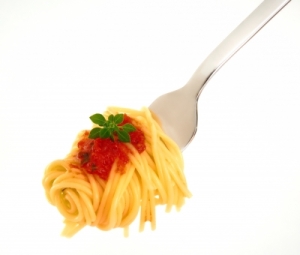 “Just eat! It’s really that simple”
“Just eat! It’s really that simple”
The well meaning eyes of family and friends cast along the frame of an ED sufferer; pupils travelling the ridges of the clavicle, the skeletal hands and down the birdlike legs.
“Just say, I CAN do this”
“Just make up your mind that you’re GOING TO do it and then DO IT”
Lots of ‘justs’. Lots of good suggestions. Lots of spilled frustrations.
So why isn’t it ‘that simple’?
Surely it’s not rocket science…
Well…. in actual fact, although it’s NOT about rockets, there is quite a lot of science involved; physiology to be precise.
When someone is well below a healthy weight, the list of psychological blocks to recovery may be a mile long. However, unbeknown to many, there are also many physiological reasons. Chemical and hormonal shifts in the brain that induce behaviours which can make it incredibly difficult to behave in a ‘normal’ way around food. Experts in the ED field will tell you that a full recovery isn’t possible until weight has been restored to the point where a patient’s BMI is between 20 and 25. In fact, many argue that it is ONLY when a patient reaches a safe, healthy weight (and so, BMI) that recovery can begin.
I agree.
One of the strongest pieces of supporting evidence we have for this idea comes from a ground breaking, wartime, experiment into the effects of starvation, performed by Dr Ancel Keys.
In 1944, as war raged throughout the world, Keys recruited 36 young men (mostly conscientious objectors) all deemed to be at a peak of physical fitness and mentally / psychologically healthy. Over a period of a year, he studied the behaviours and mind set of the men as he systematically cut their calorie intake and increased their levels of exercise . By the end of the ‘starvation phase’, the men had lost around a quarter of their body weight and their physical appearance was skeletal.
Photographs of the subjects reveal bodies not dissimilar to those who had suffered in concentration camps. Certainly, the men appeared to have been subject to a lifestyle which denied them of their most primal need; much like the self inflicted discipline exercised by those with Bulimia or Anorexia Nervosa.
For someone attempting to recover from an eating disorder, the most pertinent revelations of ‘The Minnesota Experiment’ lie in the fascinating changes in behaviour displayed by Keys’ subjects. Behaviours and attitudes practised in secret, cloaked in a horrible sense of shame, perhaps feared by the sufferer to be so ‘odd’, so far from ‘normal’ that nobody should ever find out… Behaviour that actually, The Minnesota Experiment, proved to be a direct result of the human body being starved and therefore, some way beyond the sufferer’s control.
Keys documents that the more the men starved, the more overwhelming was their obsession with food. Food became an absolute priority while the rest of the world, family, politics, opinions, religion etc, all faded into obscurity. The men were restless, their minds unconsciously forcing their bodies to forage for food, allowing little sleep as the need for nutrition overrode all other basic needs.
Interestingly, all the men developed ‘abnormal’ eating patterns, becoming ritualistic, taking up to two hours to eat a meal, cutting food into tiny pieces, mixing food with liquid to make more of it and hoarding food so they could take it back to their bunks and graze on it. Moreover, the thinner the men became, the less able they were to judge their size as being thin or underweight. A few of them even went so far as to express thoughts that others were too fat. Spot the quandary of an Anorexic.
There were many, many physical effects, most of which an Anorexic will experience as par for the course, but in order to explain why it’s so damn hard to ‘just eat’, I wanted to draw from the physiological findings of Keys’ experiment. The state of semi starvation, of extreme self denial, is in itself, a trap. Being below a healthy BMI produces its own set of barriers to eating, making the initial ‘pre recovery / weight restoration’ phase about as difficult as it could be.
It’s really not as simple as it might seem.
Certainly, during the period of re-feeding, the men ate happily (obviously not suffering from an ED) but my point is that whilst starving, the men underwent such changes to the chemical balances in the brain, that food became an absolute obsession and habits previously unheard of, became commonplace.
When an Anorexic tries to recover, they not only battle the mental blocks that the illness creates, they also have strange, unseen physiological blocks.
(Another terrible hidden suspicion of The Anorexic, that their appetites will become insatiable once they begin to refeed, is also borne out in Keys’ evidence, producing yet another barrier).
I could go on and on about this great study in starvation, but it’s all for another post. What I want to convey is that, despite all appearances, recovery is never as straightforward as ‘just eating’. Refeeding, within itself, is fraught with unconscious physiological blocks and hurdles.
For me, personally, despite this knowledge, and armed as I am, I still stand on the wire, looking at that vast expanse that is ‘no man’s land’, weighing up the risk, trying to see where the mines are set, where the searchlight falls.
It’s been ten years raging, this war.
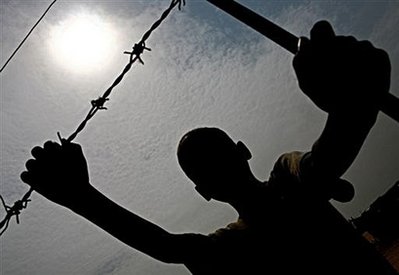 I still want to fight…
I still want to fight…
…but the real enemy
lies in the woodland
on the horizon
I still need to make it to.
THAT’s the pathology of an eating disorder.
THAT’S the physiology of starvation.




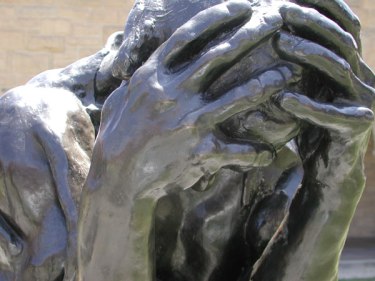
 ull of food that I’m not allowed to eat. Like an object of worship, you kneel in front of the full shelves, and as I cry that it’s nourishment you only see numbers. For food has become a mass of calculations that stream through this brain, tangled wit
ull of food that I’m not allowed to eat. Like an object of worship, you kneel in front of the full shelves, and as I cry that it’s nourishment you only see numbers. For food has become a mass of calculations that stream through this brain, tangled wit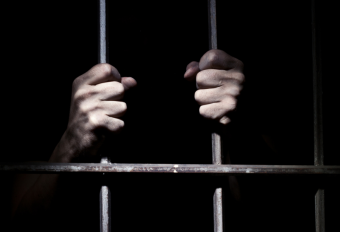 reedom for me, right now, is what I get when I skip a snack or skimp on a meal. Freedom is exhilarating, dizzying, confusing. It’s less calories than I had in hospital, less carbohydrate, less fat. And I feel great… in the moment…
reedom for me, right now, is what I get when I skip a snack or skimp on a meal. Freedom is exhilarating, dizzying, confusing. It’s less calories than I had in hospital, less carbohydrate, less fat. And I feel great… in the moment…
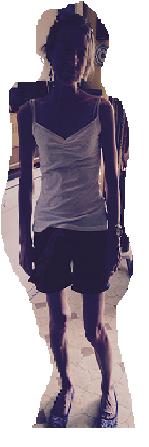

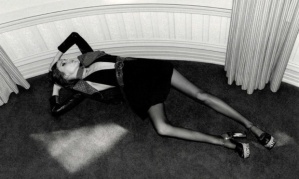
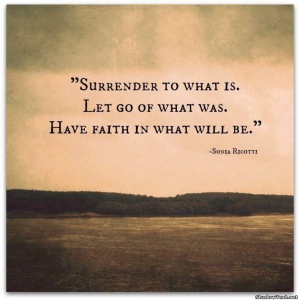
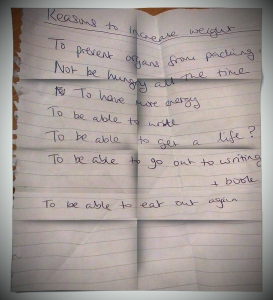
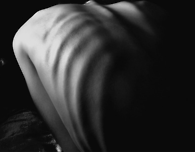 Anorexia Nervosa: A disease which manifests in the relentless starvation of the body and the mind; a denial of a basic human need; a refusal to satisfy the gnawing hunger for nutrition.
Anorexia Nervosa: A disease which manifests in the relentless starvation of the body and the mind; a denial of a basic human need; a refusal to satisfy the gnawing hunger for nutrition.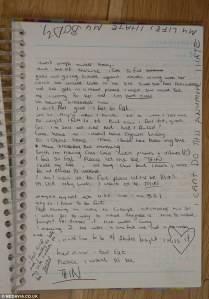 ngs of this girl’s mind are utterly consumed by the illness. Her writing is littered with scribbled self loathing, capitalised screams of “I HATE ME… I HATE MY BODY”. Most teenagers feels like this at some point. Hormones, skin, peer pressure, perfection culture, fashion… It’s all there to taunt the aspiring, spot laden, hormone raging teen.
ngs of this girl’s mind are utterly consumed by the illness. Her writing is littered with scribbled self loathing, capitalised screams of “I HATE ME… I HATE MY BODY”. Most teenagers feels like this at some point. Hormones, skin, peer pressure, perfection culture, fashion… It’s all there to taunt the aspiring, spot laden, hormone raging teen.